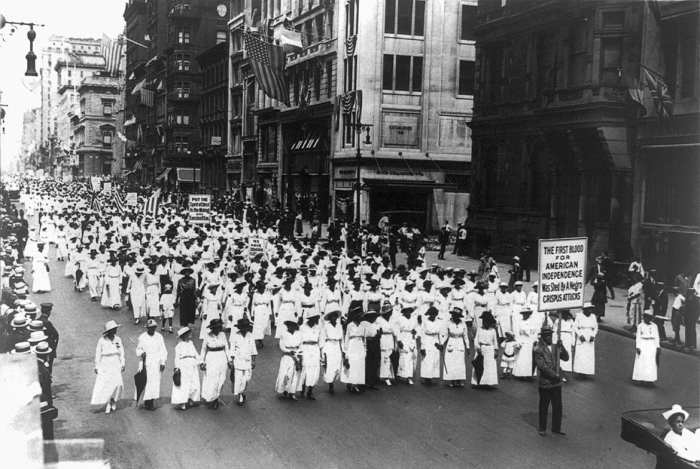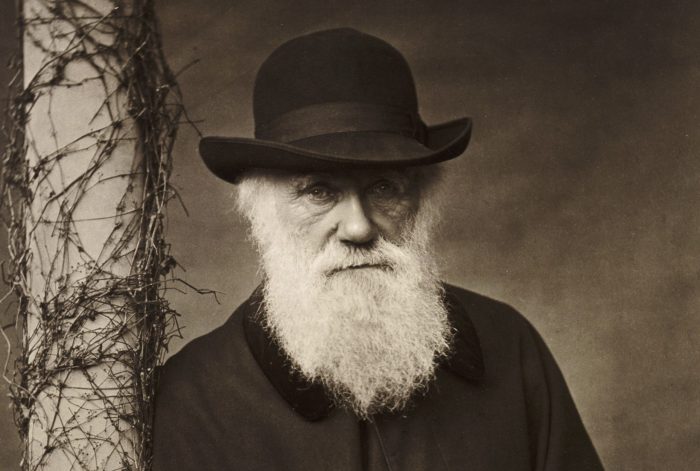The Gospel of Wealth and Social Darwinism are two intertwined ideologies that emerged in the late 19th century, shaping American society in profound ways. The Gospel of Wealth, espoused by industrialists like Andrew Carnegie, emphasized the virtues of wealth accumulation and philanthropy, while Social Darwinism applied the principles of natural selection to human society, justifying social inequality and imperialism.
These philosophies reinforced each other, creating a climate of laissez-faire capitalism and social stratification. They had a lasting impact on American thought and continue to influence contemporary debates on social justice and economic equality.
The Gospel of Wealth
The Gospel of Wealth emerged during the late 19th century as a social and economic philosophy that justified the accumulation of vast wealth by industrialists and philanthropists. It held that the wealthy had a moral obligation to use their fortunes for the betterment of society.
Origins and Key Tenets
The Gospel of Wealth originated from the writings and speeches of Andrew Carnegie, John D. Rockefeller, and other wealthy industrialists. They argued that the accumulation of wealth was a sign of God’s favor and that the wealthy had a responsibility to use their wealth to promote the public good.
Key tenets of the Gospel of Wealth included:
- Wealth is a blessing from God and a sign of moral superiority.
- The wealthy have a moral obligation to use their wealth for the benefit of society.
- Philanthropy is the best way to use wealth for the public good.
- Government should play a limited role in the economy and social welfare.
Role of Andrew Carnegie
Andrew Carnegie was one of the most influential proponents of the Gospel of Wealth. He believed that the wealthy had a “duty to the public” and that they should use their wealth to create opportunities for the poor. Carnegie donated millions of dollars to libraries, universities, and other public institutions.
Social and Economic Implications
The Gospel of Wealth had a significant impact on American society and economy. It helped to justify the vast wealth of the industrialists and contributed to the rise of philanthropy. However, it also led to increased social inequality and the concentration of wealth in the hands of a few individuals.
Social Darwinism

Social Darwinism is a theory that applies the principles of natural selection to human societies. It holds that the strongest and most fit individuals and groups will succeed and prosper, while the weakest and least fit will be eliminated. This theory was popular in the late 19th and early 20th centuries, and it was used to justify social inequality and imperialism.
Social Darwinism was heavily influenced by Charles Darwin’s theory of evolution. Darwin argued that species evolve over time through a process of natural selection. The individuals with the most advantageous traits are more likely to survive and reproduce, passing on their traits to their offspring.
Over time, this leads to the evolution of new species.
Application of Social Darwinism
Social Darwinists argued that the same principles of natural selection applied to human societies. They believed that the strongest and most fit individuals and groups would succeed and prosper, while the weakest and least fit would be eliminated. This theory was used to justify a variety of social policies, including:
- Laissez-faire economics: Social Darwinists argued that the government should not interfere in the economy, as this would prevent the fittest individuals and groups from succeeding.
- Imperialism: Social Darwinists argued that it was the natural right of the fittest nations to colonize and dominate the weaker nations.
- Eugenics: Social Darwinists argued that the government should take steps to prevent the reproduction of the unfit, such as the mentally ill and the poor.
Social Darwinism was a powerful ideology in the late 19th and early 20th centuries. It was used to justify a variety of social policies that had a profound impact on the world. However, Social Darwinism has since been discredited, as it is based on a number of false assumptions about human nature and society.
Interrelation between the Gospel of Wealth and Social Darwinism

The Gospel of Wealth and Social Darwinism were two influential ideologies that shaped American society in the late 19th and early 20th centuries. Both philosophies shared a belief in the inherent superiority of the wealthy and powerful, and they both justified the exploitation of the poor and working class.
Commonalities
The Gospel of Wealth and Social Darwinism shared several commonalities. First, both ideologies believed that wealth was a sign of God’s favor. Second, both ideologies believed that the poor were inferior to the wealthy, and that they deserved to be poor.
Third, both ideologies justified the exploitation of the poor and working class, arguing that it was necessary for the progress of society.
Differences
Despite their similarities, the Gospel of Wealth and Social Darwinism also had some important differences. The Gospel of Wealth was a more explicitly religious ideology, while Social Darwinism was a more secular ideology. The Gospel of Wealth also emphasized the importance of philanthropy, while Social Darwinism did not.
Reinforcement, Gospel of wealth and social darwinism
The Gospel of Wealth and Social Darwinism reinforced each other in shaping American society. The Gospel of Wealth provided a religious justification for the exploitation of the poor and working class, while Social Darwinism provided a scientific justification for the same.
Together, these two ideologies created a powerful ideological justification for the economic inequality that characterized American society in the late 19th and early 20th centuries.
Rise of Industrial Capitalism
The Gospel of Wealth and Social Darwinism contributed to the rise of industrial capitalism in the United States. These ideologies provided a justification for the ruthless competition and exploitation that characterized the early years of industrial capitalism. They also helped to create a culture of individualism and self-reliance, which was essential for the development of a capitalist economy.
Historical Impact and Legacy

The Gospel of Wealth and Social Darwinism had a profound impact on American society, shaping social, economic, and political thought for decades.
These philosophies reinforced the belief in the inherent superiority of certain individuals and groups, leading to widespread social inequality and discrimination. They also contributed to the rise of laissez-faire capitalism, with its emphasis on individualism and the accumulation of wealth.
Challenges and Controversies
The Gospel of Wealth and Social Darwinism faced significant challenges and controversies throughout their history.
- Critics argued that these philosophies justified greed and exploitation, creating a society where the wealthy elite enjoyed disproportionate power and influence.
- Social Darwinism was used to rationalize racist and eugenic policies, leading to discrimination and violence against marginalized groups.
Influence on Contemporary Thought
Despite their historical controversies, the ideas of the Gospel of Wealth and Social Darwinism continue to influence contemporary social and economic thought.
- The belief in the superiority of certain individuals and groups persists in modern society, often leading to discrimination and inequality.
- The emphasis on individualism and wealth accumulation remains a driving force in capitalist economies, shaping social and economic policies.
Popular Questions: Gospel Of Wealth And Social Darwinism
What are the key tenets of the Gospel of Wealth?
The Gospel of Wealth emphasizes the importance of wealth accumulation through hard work and thrift, the obligation of the wealthy to use their fortunes for the benefit of society, and the belief that economic inequality is a natural and beneficial outcome of competition.
How did Social Darwinism justify social inequality?
Social Darwinism argued that the principles of natural selection applied to human society, leading to the survival of the fittest and the elimination of the weak. This was used to justify social inequality, as it was seen as a natural and inevitable result of competition.
What was the impact of the Gospel of Wealth and Social Darwinism on American society?
These ideologies reinforced each other, creating a climate of laissez-faire capitalism and social stratification. They contributed to the rise of industrial capitalism and the concentration of wealth in the hands of a few individuals.